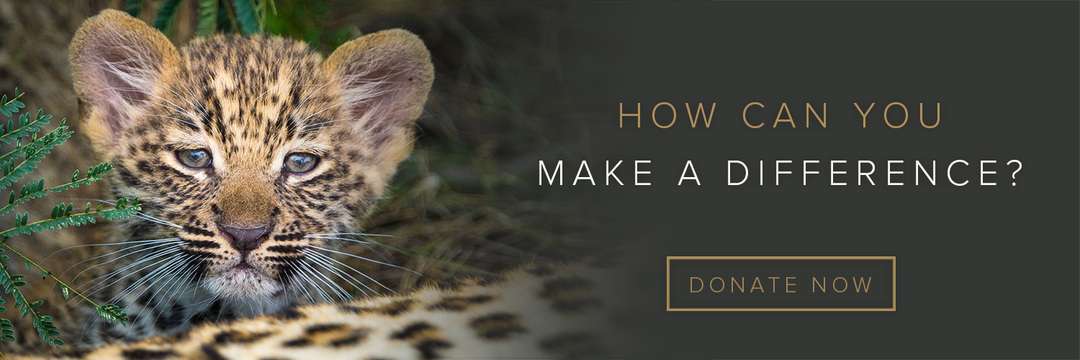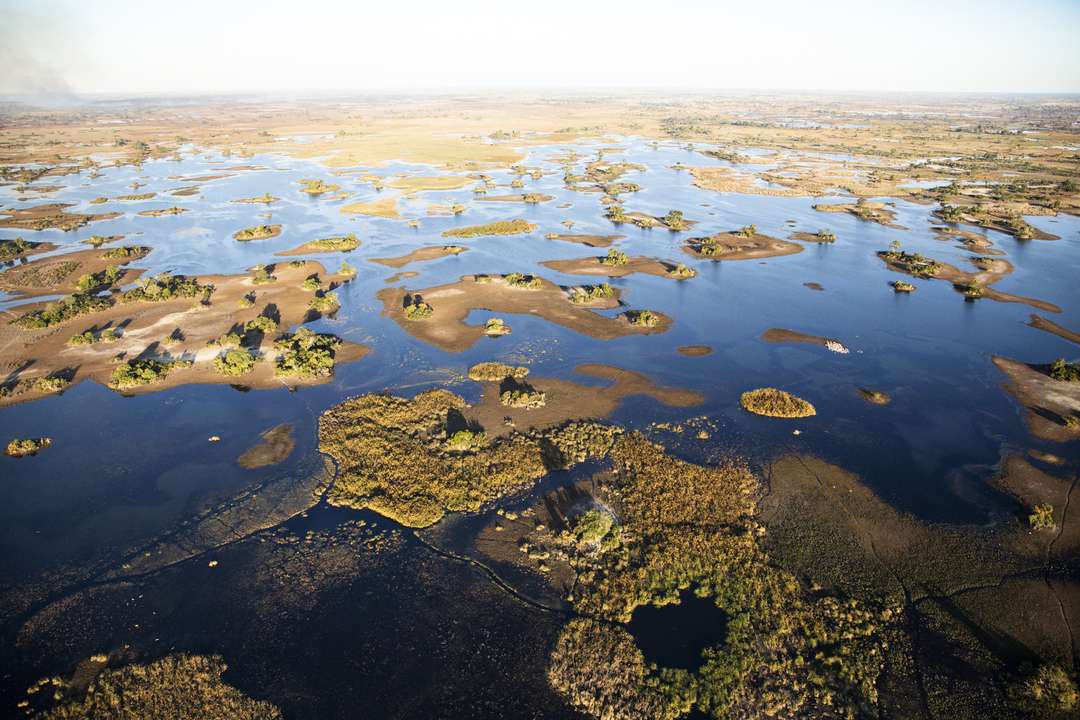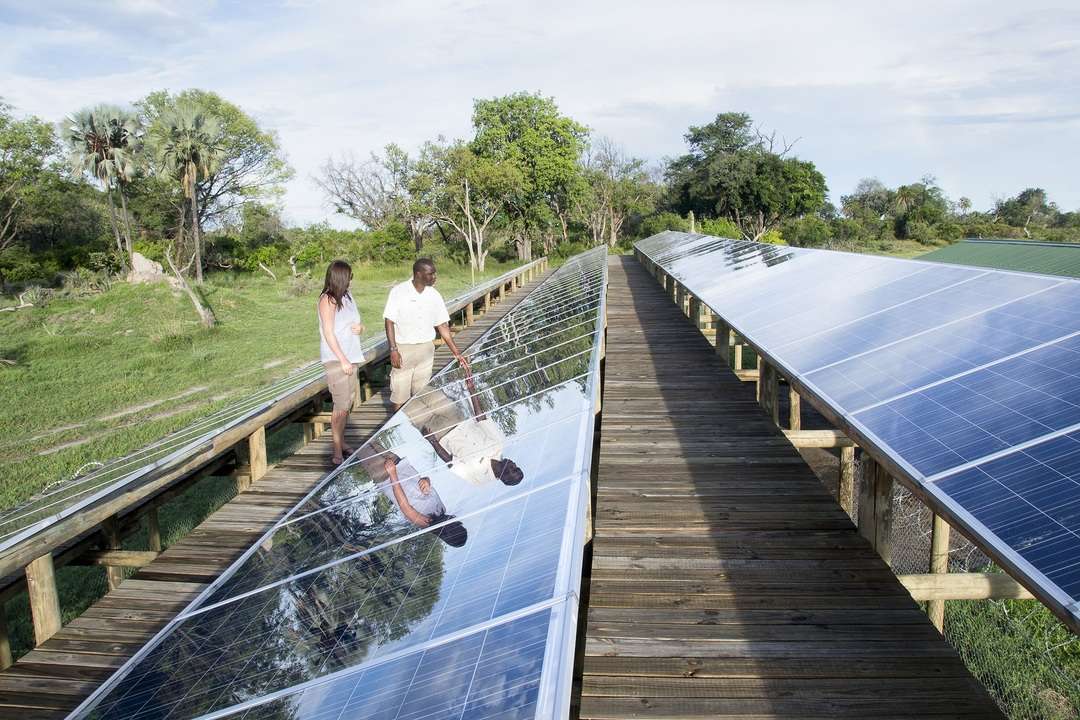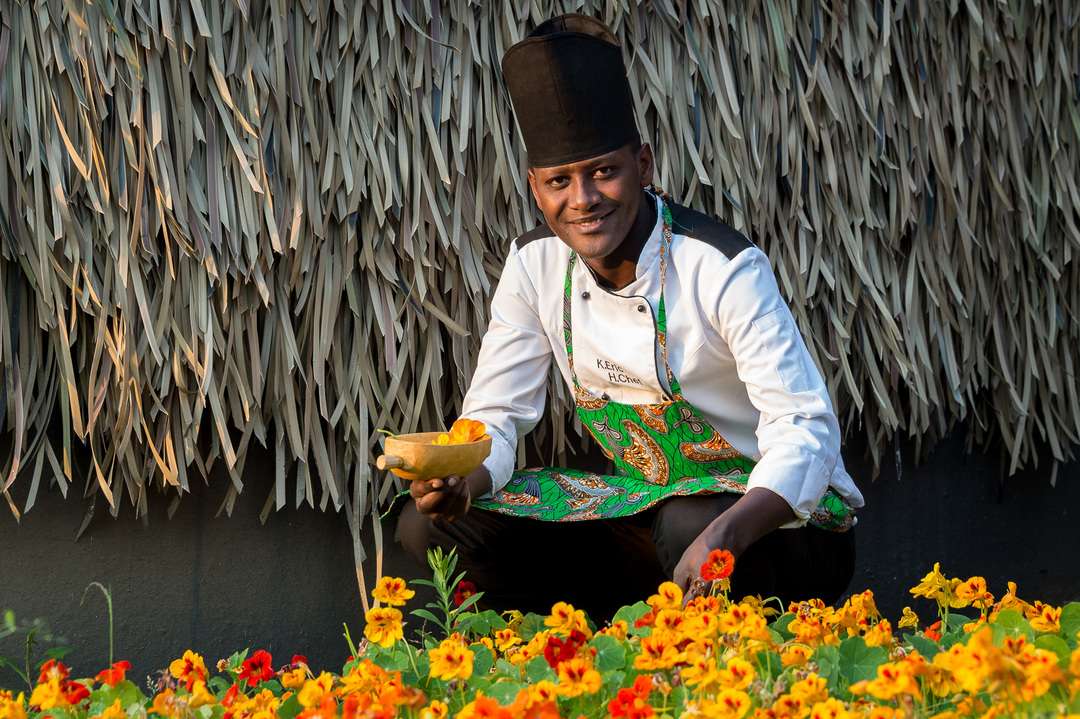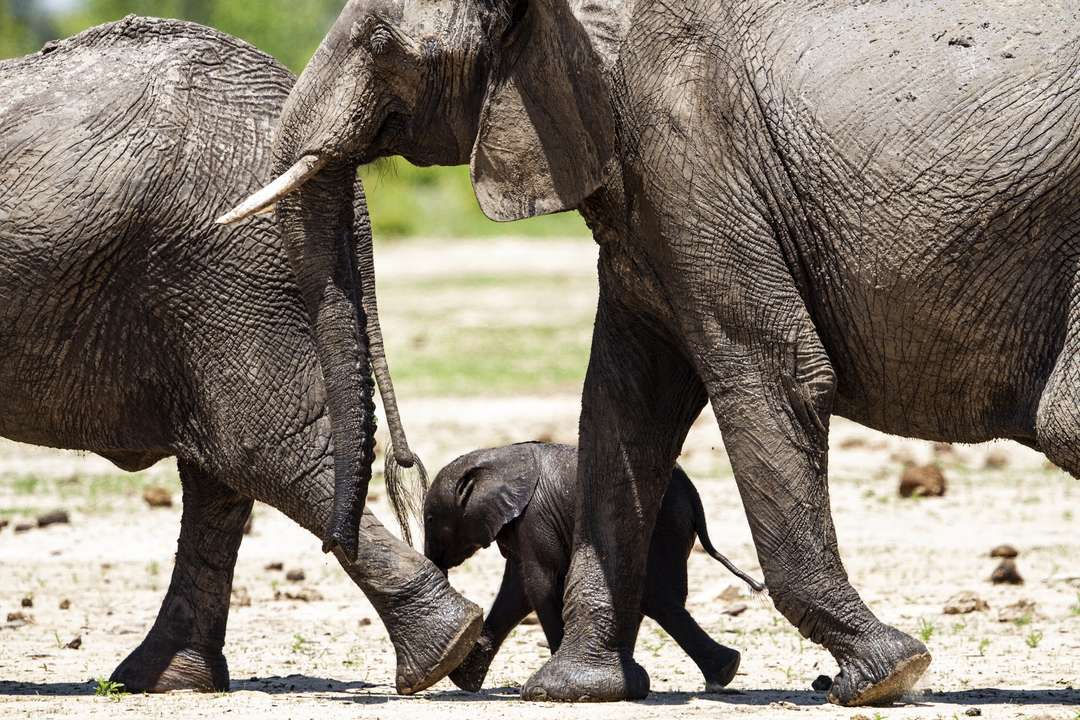- Perhaps you are currently spending far less time commuting in traffic to/from work. Use this gift of time to read a book that explores nature conservation. Nature’s Best Hope is a 2020 New York Times best seller, and shows how homeowners everywhere can turn their yards into conservation corridors that provide wildlife habitats.
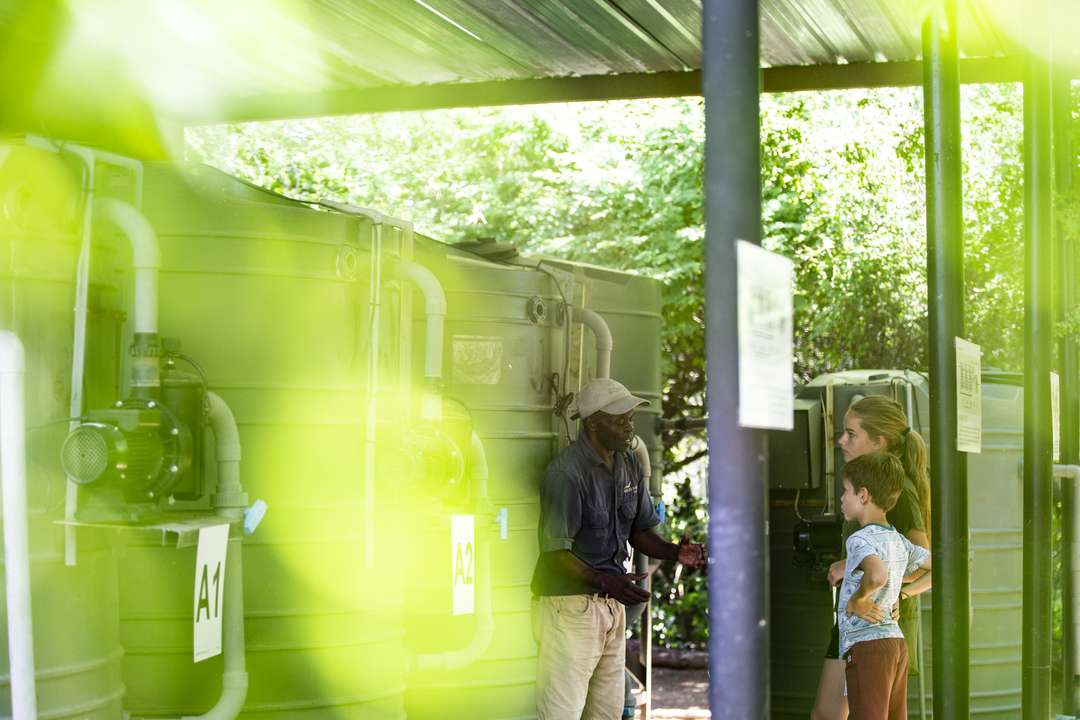
COVID-19, and the forced change it has brought about, may give more perspective on what is really important in life. We need to bring nature back from the brink, as future natural disasters may have an even greater impact on societies and economies. We all need to play a part in the recovery of nature and reducing our profound impact on biodiversity. A simply staggering amount of species are currently threatened with extinction.
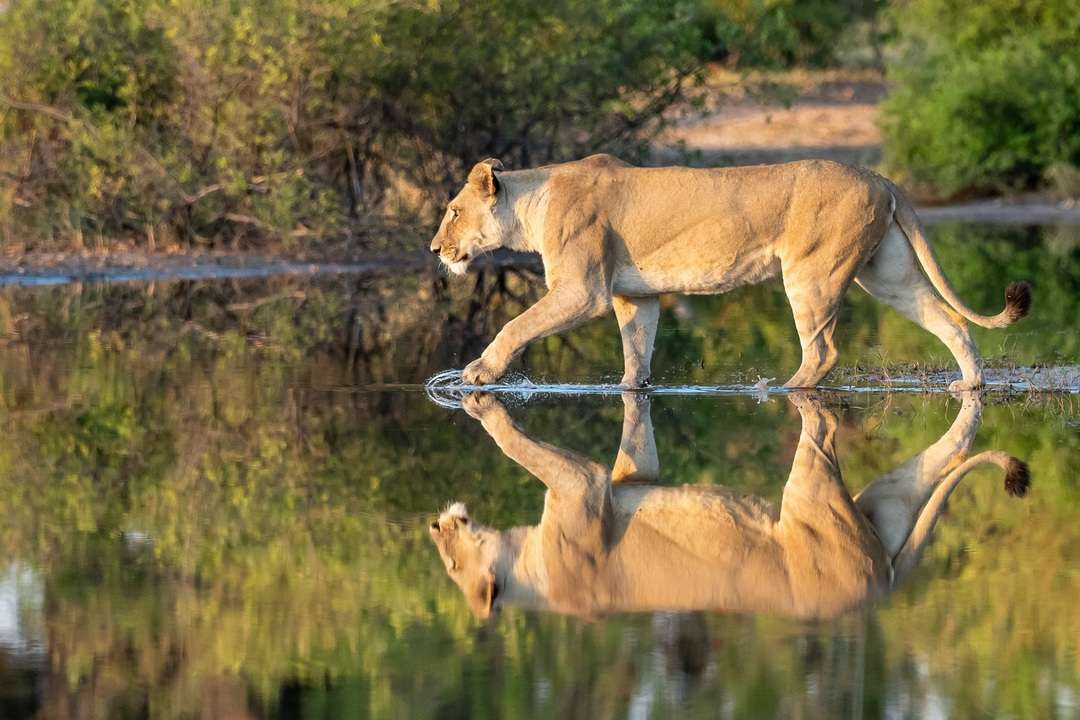
As a company, Wilderness collectively manages and helps conserve 2,3 million hectares of African wild lands through its sustainable conservation tourism model. We are humbled by the conservation successes that have been achieved, but cognisant that much work still needs to be done in playing a vital part in conserving Africa’s wilderness and wildlife for future generations.
SUPPORT OUR CONSERVATION HEROES
Wilderness COVID Relief
The impact of COVID-19 in Africa has been profound – particularly on wildlife conservation and rural communities dependent on tourism. Please join us to support our Conservation Heroes. Together we are stronger, and together, we can continue to change lives. It only costs USD50 to feed a family for a month. Or USD5 000 to cover the monthly operations of an anti-poaching team. Every single contribution, no matter how big or small, makes a significant difference.
